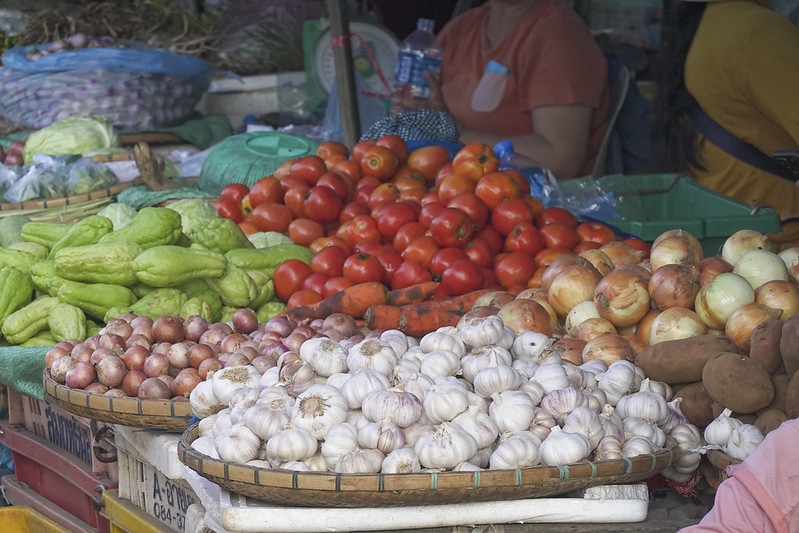
The STDF project aims to address critical Sanitary and Phytosanitary (SPS) challenges hindering Bangladesh's vegetable exports, focusing on pest risks, pesticide residues, and microbial contamination affecting market access, especially for gourd varieties. Part of this intervention includes enhancing access to Good Agricultural Practices (GAP), climate-smart farming methods, food safety management, Hazard Analysis and Critical Control Point (HACCP) systems, and export market linkages. By enhancing the capacity of farmers, exporters, and government agencies, the project aims to increase agricultural productivity, reduce trade rejections, and improve incomes while promoting safer and more sustainable farming practices and supporting private sector growth.
Bangladesh produces over 15 million metric tons of vegetables each year, but struggles to export even 0.3% of this volume due to persistent SPS compliance gaps. Over the past decade, vegetable exports have declined by 59%, primarily because of weak pest and pesticide management, microbial contamination, poor traceability, and limited institutional capacity. Gourd varieties, in particular, frequently face rejection in key markets such as the European Union (EU) and the United Kingdom (UK) due to quarantine pest infestations and pesticide residue violations.
Building on the findings from the STDF-supported P-IMA analysis (STDF/PPG/831), SAFE BD aims to address these challenges in collaboration with relevant stakeholders. The project adopts a public-private partnership approach to promote knowledge transfer, institutional sustainability, and inclusive participation across the value chain. Its main aim is to strengthen Bangladesh's readiness for vegetable exports, particularly gourd. In doing so, SAFE BD also promotes safer and more sustainable farming practices while supporting private sector growth and increasing farmer incomes.
The project contributes directly to Sustainable Development Goals (SDGs):
|
Image
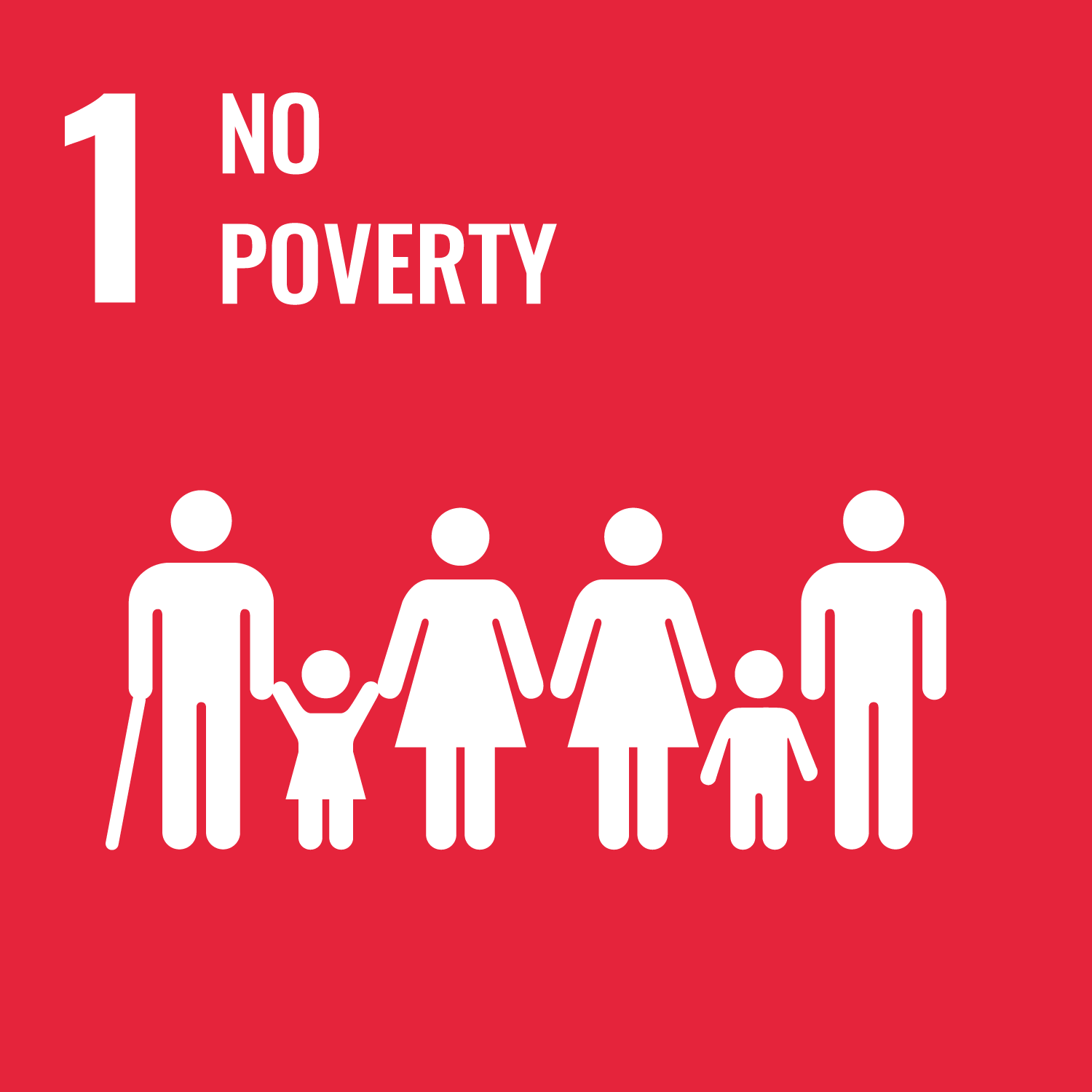
|
Image
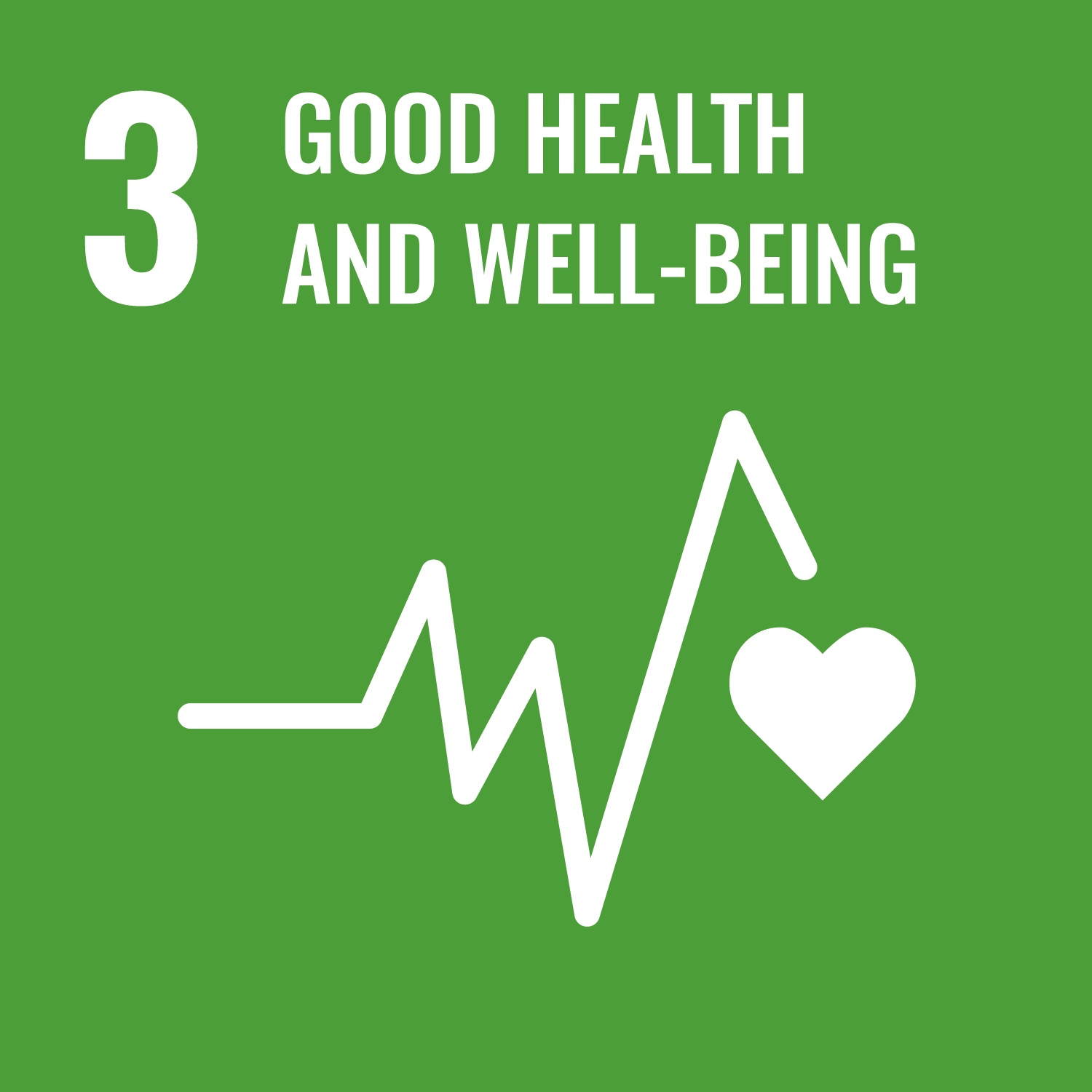
|
Image
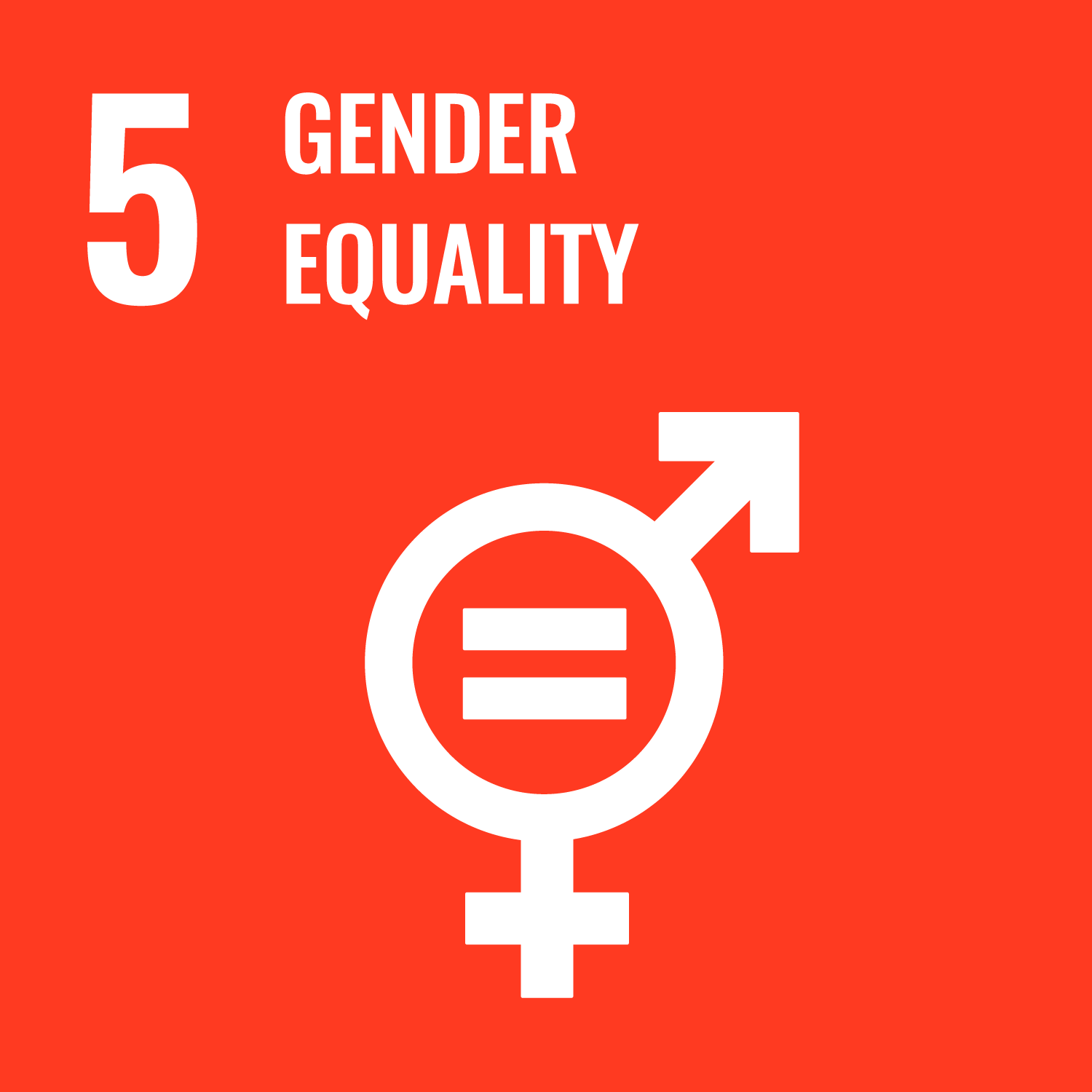
|
Image
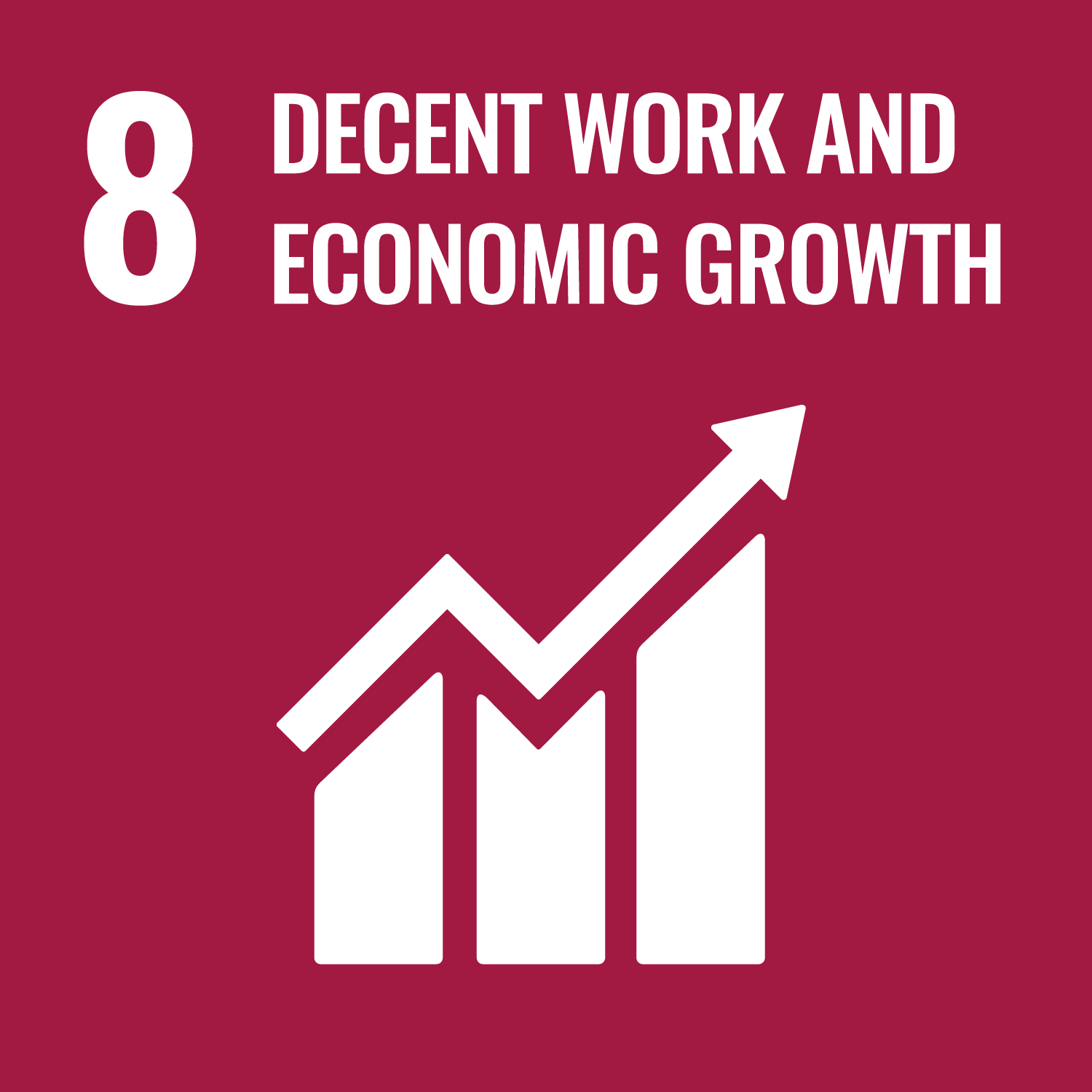
|
Image
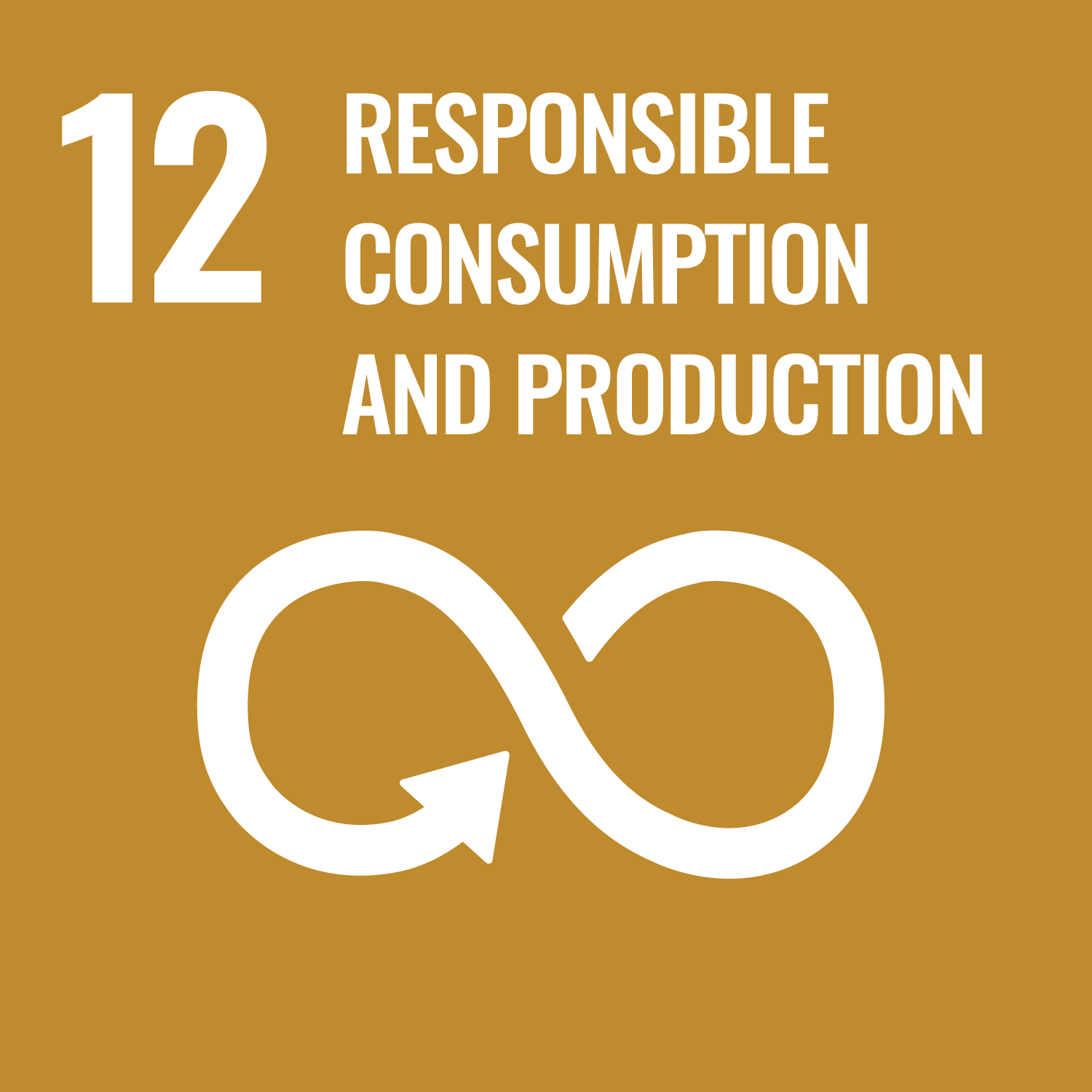
|
Image
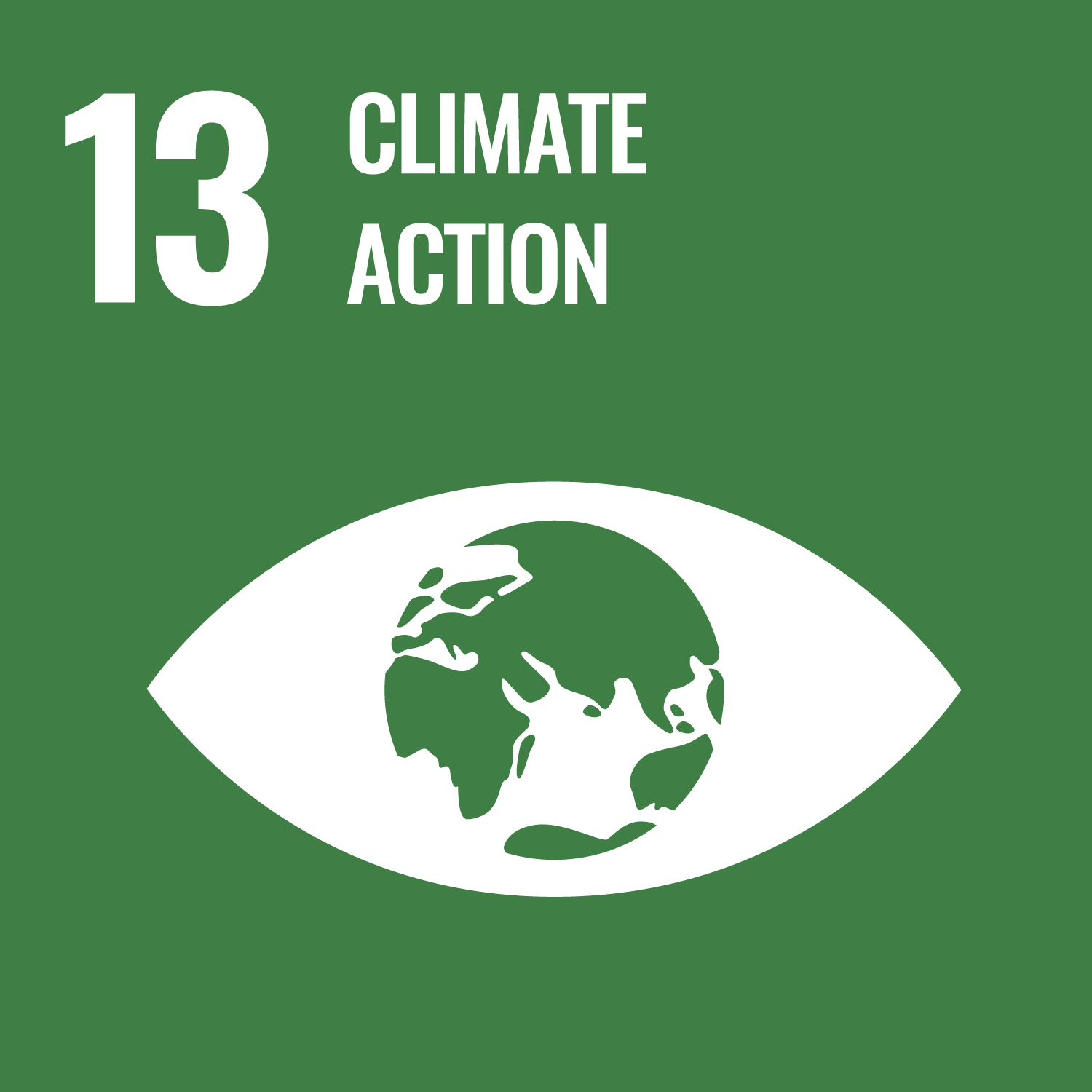
|
Image
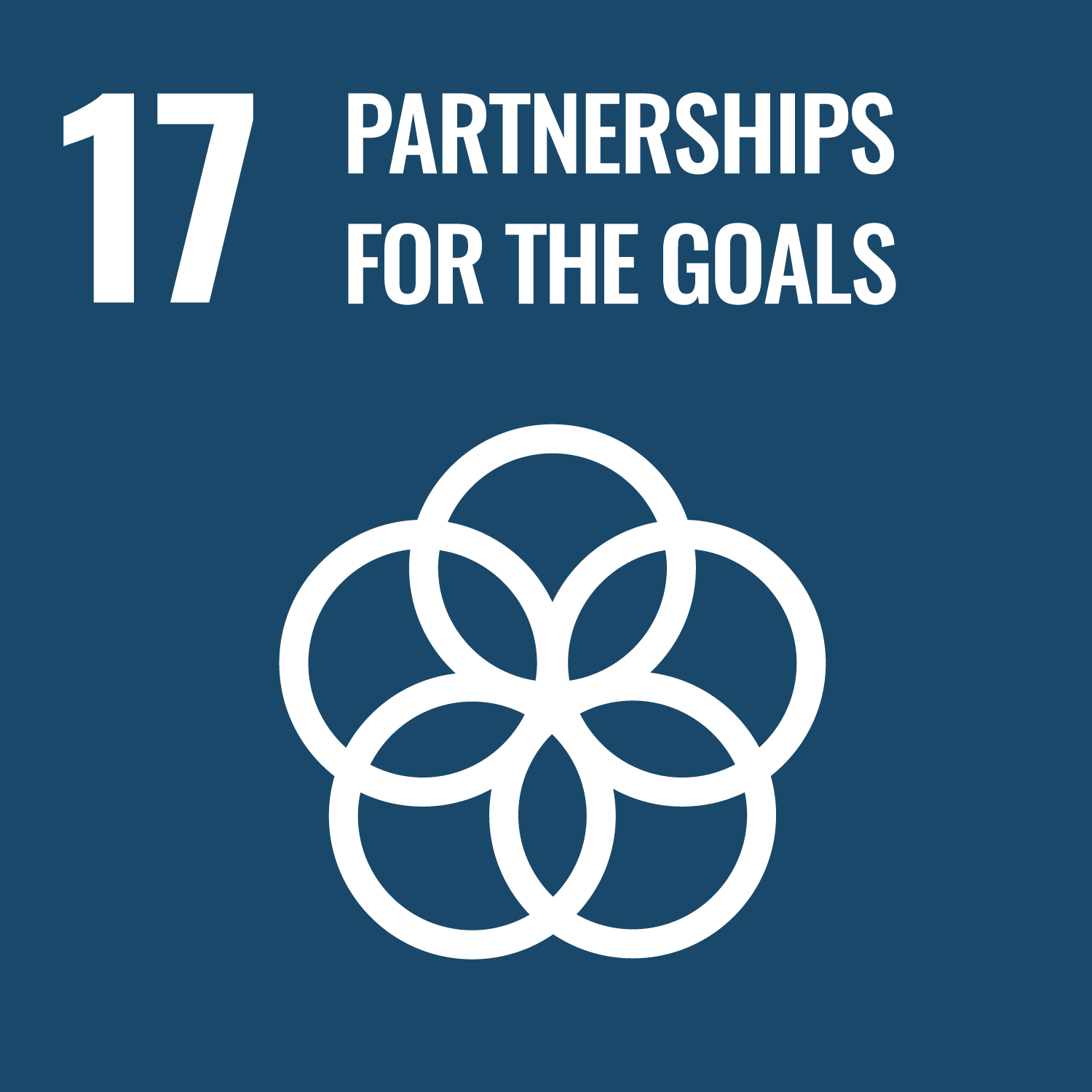
|
Result 1: Improved on-site implementation of pest risk management principles for gourd varieties by DAE
The project aims to enhance the on-site implementation of pest risk management principles for export-oriented gourd varieties by improving the capacity of field-level DAE personnel. It is expected that the outcome will contribute to improved pest surveillance, reduced prevalence of harmful pests and enhanced compliance with phytosanitary requirements of major export markets.
Result 2: Improved SPS best practices by exporters and farmers
The project aims to increase the adoption of SPS best practices for gourd varieties by vegetable exporters and farmers. It is expected that these improvements will help reduce microbial contamination and pesticide residues, enhancing the overall safety and quality of exported vegetables and minimising rejection risk.
Result 3: Improved trade linkage of exporters with institutional buyers
The project aims to promote increased trade linkages between Bangladeshi vegetable exporters and institutional buyers, particularly in the EU, UK, Southeast Asia, and other potential regions. It is expected that this will result in securing new contracts and supply arrangements, leading to increased market access and higher income opportunities for both exporters and farmers.